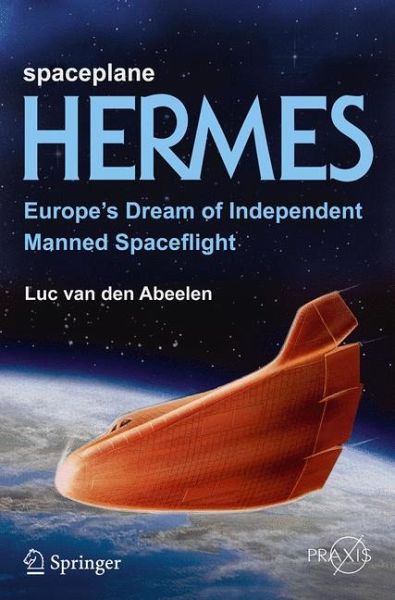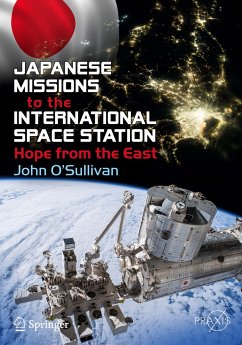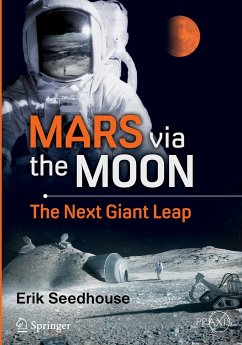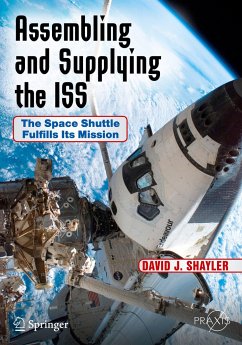
Spaceplane HERMES
Europe's Dream of Independent Manned Spaceflight

PAYBACK Punkte
0 °P sammeln!
This is the first comprehensive book on the European Hermes program. It tells the fascinating story of how Europe aimed for an independent manned spaceflight capability which was to complement US and Soviet/Russian space activities. In 1975, France decided to expand its plans for automated satellites for materials processing to include the development of a small 10 ton spaceplane to be launched on top of a future heavy-lifting Ariane rocket. This Hermes spaceplane would give Europe its own human spaceflight capability for shuttling crews between Earth and space stations. The European Space Age...
This is the first comprehensive book on the European Hermes program. It tells the fascinating story of how Europe aimed for an independent manned spaceflight capability which was to complement US and Soviet/Russian space activities. In 1975, France decided to expand its plans for automated satellites for materials processing to include the development of a small 10 ton spaceplane to be launched on top of a future heavy-lifting Ariane rocket. This Hermes spaceplane would give Europe its own human spaceflight capability for shuttling crews between Earth and space stations. The European Space Agency backed the proposal. Unfortunately, after detailed studies, the project was cancelled in 1993. If Hermes had been introduced into service, it could have become the preferred "space taxi" for ferrying crews to and from the International Space Station. But that opportunity was lost. This book provides the first look of the complete story of and reasons for the demise of this ambitious program. It also gives an account which pieces of Hermes survived and are active in the 2nd decade of the 21st century. This fascinating story will be a great read for space enthusiasts. But it will also serve as a comprehensive documentation of an important episode in the history of manned spaceflight.












